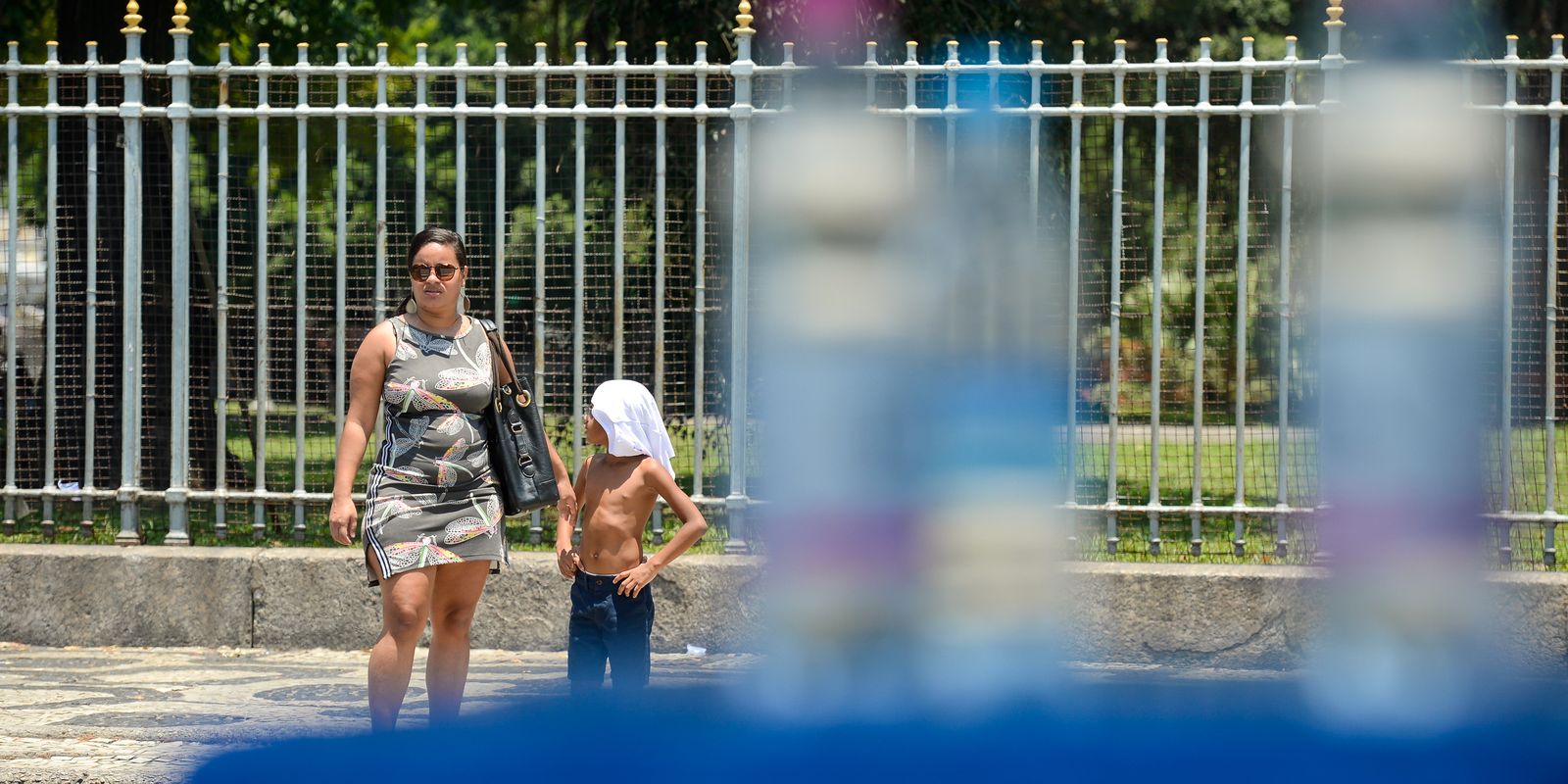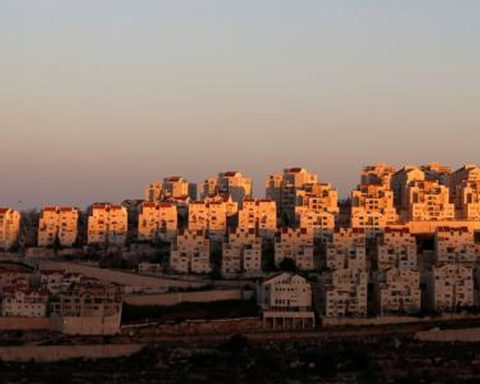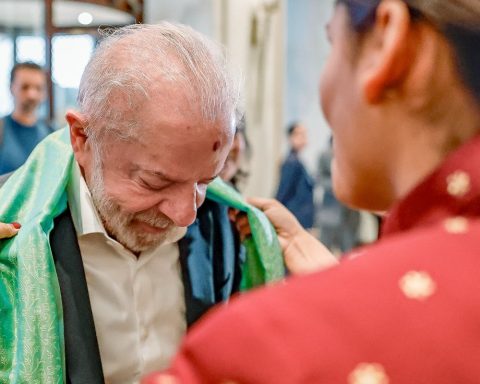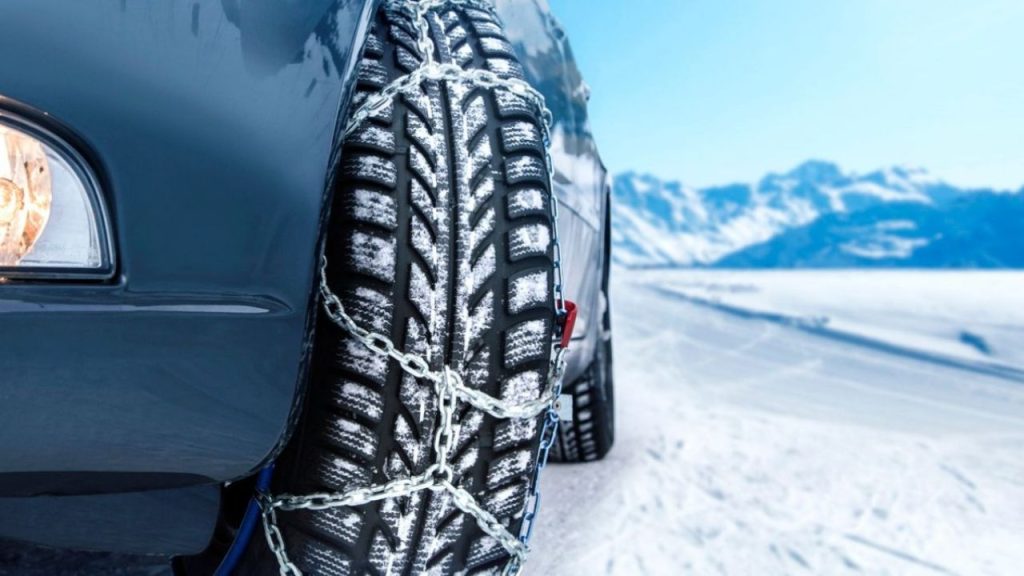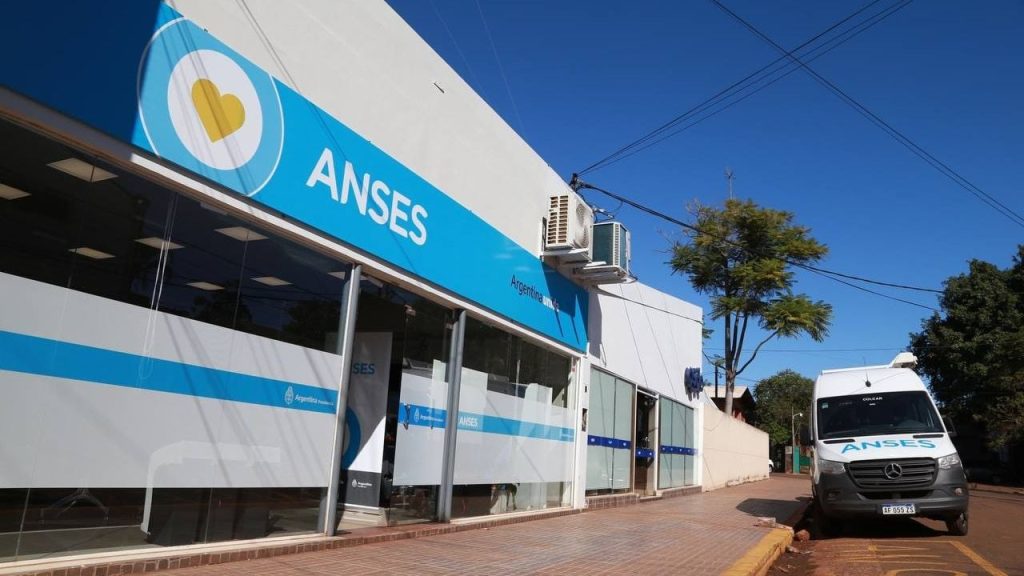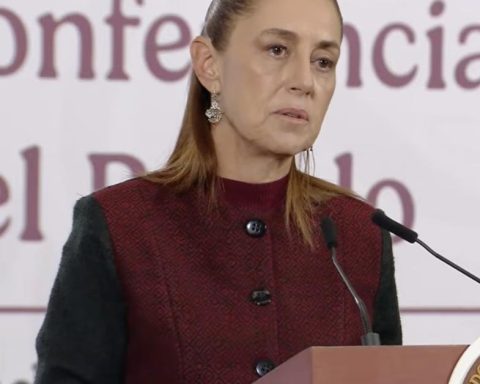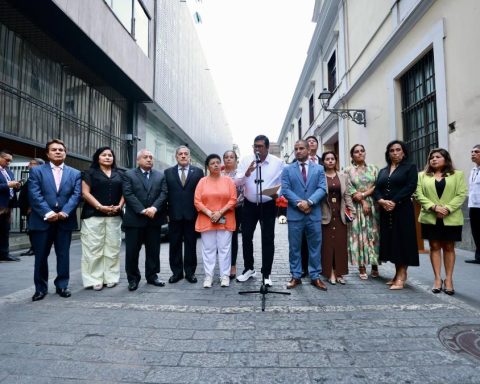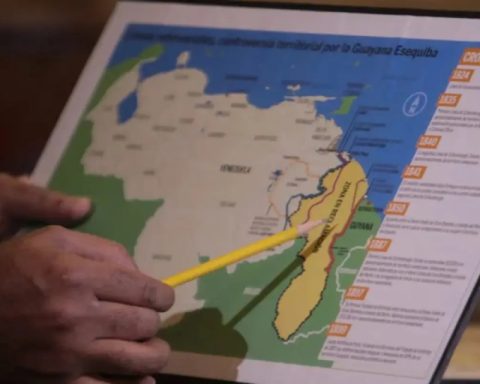With just two weeks to go until municipal elections – and amidst heat and smoke – the United Nations Children’s Fund (UNICEF) warns in a new survey released this Monday (23) about the importance of new mayors investing in measures aimed at climate resilience and guaranteeing the rights of children and adolescents. In Brazil, 33 million children face at least twice as many hot days each year, compared to their grandparents.
Using a comparison between the averages of the 1970s and 2020-2024 as a basis, the analysis shows the speed and scale at which extremely hot days are increasing. These days are those in which temperatures are recorded above 35ºCelsius (ºC). In Brazil, the average number of extremely hot days increased from 4.9 per year in the 1970s to 26.6 in the 2020s. The analysis also points to an increase in heat waves. In this case, these are periods of 3 days or more in which the maximum temperature is more than 10% higher than the local average.
Children and adolescents are the ones who feel the impacts of heat waves, floods, droughts, smoke and other extreme weather events for the longest and most intensely. Heat stress on the body, caused by exposure to extreme heat, threatens the health and well-being of children and pregnant women. Excessive levels of heat stress also contribute to childhood malnutrition and non-communicable diseases that make children more vulnerable to infections that spread in high temperatures, such as malaria and dengue fever.
“Climate-related risks to children’s health are compounded by the impact they have on food and water security, exposure to air, soil and water pollution, and infrastructure, as they disrupt services for children, including education, and drive displacement. Furthermore, these impacts are more severe depending on the vulnerabilities and inequalities faced by children, according to their socioeconomic status, gender, race, health status and where they live,” explains Danilo Moura, Climate Change Specialist at UNICEF in Brazil.
In light of this scenario, the organization asks that candidates for mayor commit to preparing cities to face and deal with climate change, with a special focus on the needs and vulnerabilities of girls and boys.
“This includes implementing actions to address climate change and adapting public services, infrastructure and communities to withstand its effects, including extreme weather events, prioritizing the specific needs and vulnerabilities of girls and boys. One important action is to incorporate the National Protocol for the Comprehensive Protection of Children and Adolescents in Disaster Situations into municipal plans,” says Danilo.
The theme is one of the five priorities proposed by Unicef in the City of Rights agenda – Five priorities for children and adolescents in the 2024 Elections, aimed at candidates from all over the country.
